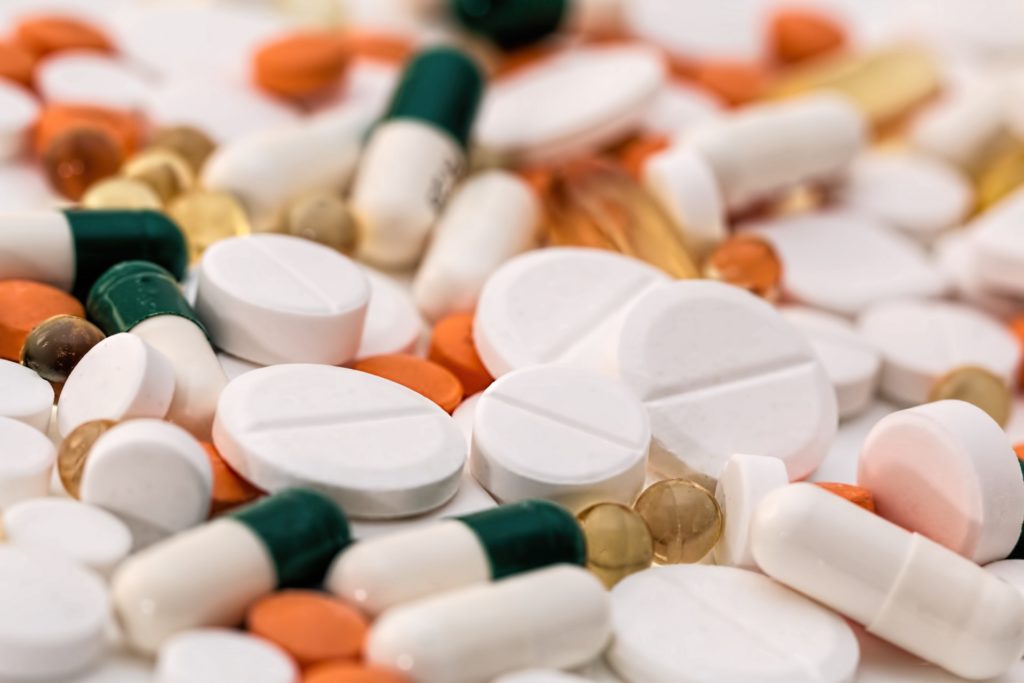A new study published in the British Journal of Clinical Pharmacology suggests that each year, millions of unapproved antibiotics are being sold in India. According to the authors of the study, pharmaceutical companies who manufacture and distribute these drugs may be contributing to the growing problem of antibiotic resistance among pathogens.
Antibiotic consumption in India is among the highest in the world, according to the researchers, and rates of antibiotic resistance are also on the rise.
“Selling unapproved, unscrutinised antibiotics undermines measures in India to control antimicrobial resistance,” said lead author Dr. Patricia McGettigan, of Queen Mary University of London. “Multinational companies should explain the sale of products in India that did not have the approval of their own national regulators and, in many cases, did not even have the approval of the Indian regulator.”
In their study, McGettigan and her team looked at the antibiotics sold in India between 2007 and 2012 and determined whether they were approved by national and international regulatory agencies. Both single drug formulation (SDF) and fixed dose combination (FDC) antibiotics were included in the research.
In all, 118 different FDC antibiotics were sold in the country during the study period, compared to just five in the US and UK. McGettigan and her colleagues found that 64 percent of these FDC antibiotics were not approved by the Central Drugs Standard Control Organisation, the national regulator of drugs in India. Interestingly, 93 percent of the 86 SDF antibiotics sold in India were approved by the regulatory organization.
Over 3,300 branded drugs containing one of the 118 FDC antibiotic formulations were on sale in India during the study period. Multinational companies were responsible for manufacturing 476 of these drugs.
In light of their findings, the researchers are urging the Government of India, as well as other international organizations to intervene and stop these unapproved antibiotics from being sold.
“Limiting antimicrobial resistance is a strategic goal of the WHO and countries worldwide. Governments and regulators must take all necessary steps to prevent the production and sale of illegal and unapproved medicines and scrutinise the actions of multinational companies,” said senior author Allyson Pollock, MBChB, MSc, of the Institute of Health and Society at Newcastle University.












Join or login to leave a comment
JOIN LOGIN